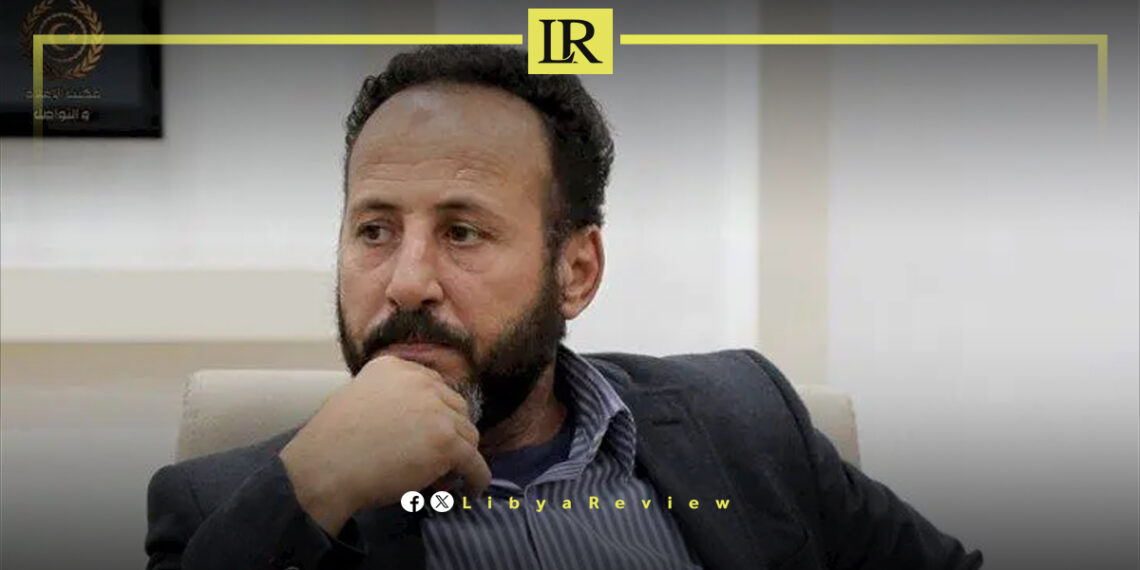On Sunday, Libyan MP Abdul Moneim Al-Arfi confirmed that the upcoming House of Representatives session will focus on the recent clashes in southern Libya and the National Reconciliation Charter, signed in Addis Ababa on Friday.
Libyan lawmakers are expected to debate the worsening security situation in the south, where tensions between military forces and armed groups have escalated, and assess the legitimacy of the Addis Ababa peace agreement, which was signed without the participation of main Libyan stakeholders.
Al-Arfi also revealed that Parliament Speaker Ageela Saleh planned to travel to France to discuss forming a unified executive authority in coordination with Egypt, the United States, and other international actors.
However, the visit was postponed due to personal reasons related to Saleh. The move underscores continued diplomatic efforts to break Libya’s political deadlock and pave the way for a new governing structure.
Libya remains deeply divided between two rival governments: Prime Minister Abdul Hamid Dbaiba’s Tripoli-based Government of National Unity (GNU) and the eastern-based administration backed by the House of Representatives, led by Osama Hammad.
The country has been locked in a prolonged struggle over power, legitimacy, and control of state institutions, leaving key issues—such as national elections, military unification, and reconciliation—unresolved.
The southern region of Libya, particularly in areas like Qatrun and Murzuq, has become a hotspot for armed clashes, smuggling networks, and foreign mercenary activity. The LNA has conducted operations in the south aimed at eliminating criminal groups, securing borders, and dismantling smuggling routes.
Recent confrontations have led to casualties among military forces, prompting concerns over worsening instability in a region that has long suffered from neglect and lawlessness.
The upcoming parliamentary session is expected to address these concerns and propose strategies for strengthening national security in the south.


